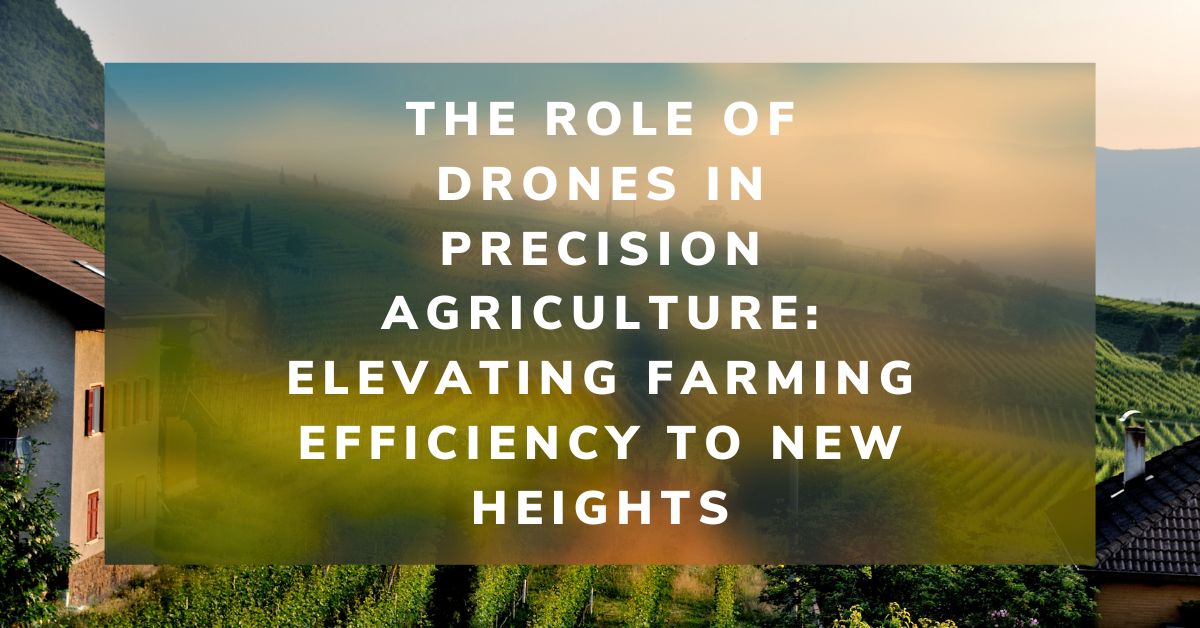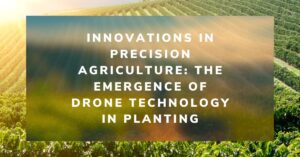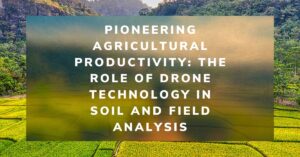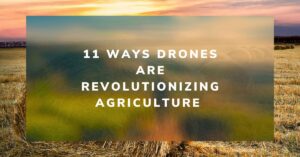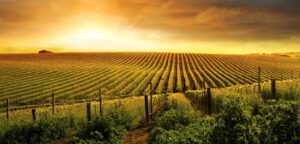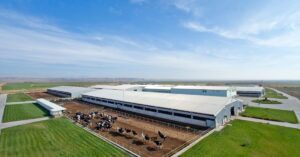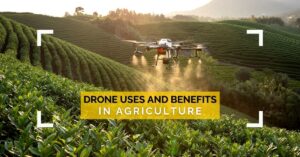Precision agriculture marks a paradigm shift in how farming approaches, moving from traditional, broad-scale strategies to highly efficient, data-driven methodologies. At the heart of this agricultural revolution are drones, sophisticated flying machines redefining what it means to farm smartly and sustainably. By equipping farmers with real-time, actionable insights, drones enable the precise application of water, fertilizers, and pesticides, optimizing crop health and yield while minimizing environmental footprint. This article delves into the mechanics of drone technology in precision agriculture, its benefits, challenges, and the future it is paving for the agricultural sector.
Understanding Precision Agriculture
Precision agriculture embodies a strategic approach to farming, centered on the meticulous observation, measurement, and adaptation to variations in crop conditions. Its primary objectives are to maximize profitability and sustainability while safeguarding the environment. This method depends extensively on technological advancements, including GPS mapping, soil analysis, and sophisticated data analytics. The introduction of drone technology, however, has significantly enhanced the precision with which these strategies can be applied, allowing for a more granular level of agricultural management.
Drones: The Vanguard of Agricultural Innovation
Drones, or unmanned aerial vehicles (UAVs), are pivotal in collecting and analyzing data for precision agriculture. Equipped with sensors, cameras, and GPS, drones offer a unique vantage point above the field, capturing detailed images and information unattainable from the ground level. This data is instrumental in making informed decisions regarding crop management.
Key Applications of Drones in Precision Agriculture
- Crop Monitoring and Health Assessment: Drones can quickly and efficiently monitor vast areas, identifying issues like nutrient deficiencies, water stress, pest and disease infestations, and more. Through advanced imaging technologies like multispectral or thermal imagery, drones can assess plant health by measuring the crop's reflectance to specific wavelengths of light.
- Variable Rate Application (VRA): With precise data from UAVs, farmers can apply the right amount of inputs (water, fertilizers, pesticides) at the right place and time. This targeted approach ensures crops receive what they need for optimal growth, reducing waste and environmental impact.
- Yield Estimation and Mapping: Drones help estimate yield by analyzing crop health and density. This information aids harvest planning and logistics, ensuring a more efficient operation.
- Soil and Field Analysis: Before planting, drones can provide valuable data on soil health, moisture levels, and topography. This information is crucial for planning the planting patterns and optimizing irrigation systems.
Benefits of Drones in Precision Agriculture
- Increased Efficiency and Yield: By applying resources precisely where needed, farmers can significantly increase the efficiency of their operations and potentially boost crop yields.
- Reduced Environmental Impact: Precision application of inputs reduces the chance of runoff and pollution, contributing to more sustainable farming practices.
- Cost Savings: Minimizing water use, fertilizers, and pesticides translates to substantial cost savings over time.
- Data-Driven Decisions: The wealth of data collected by drones allows for more informed decision-making, enhancing the overall management of the farm.
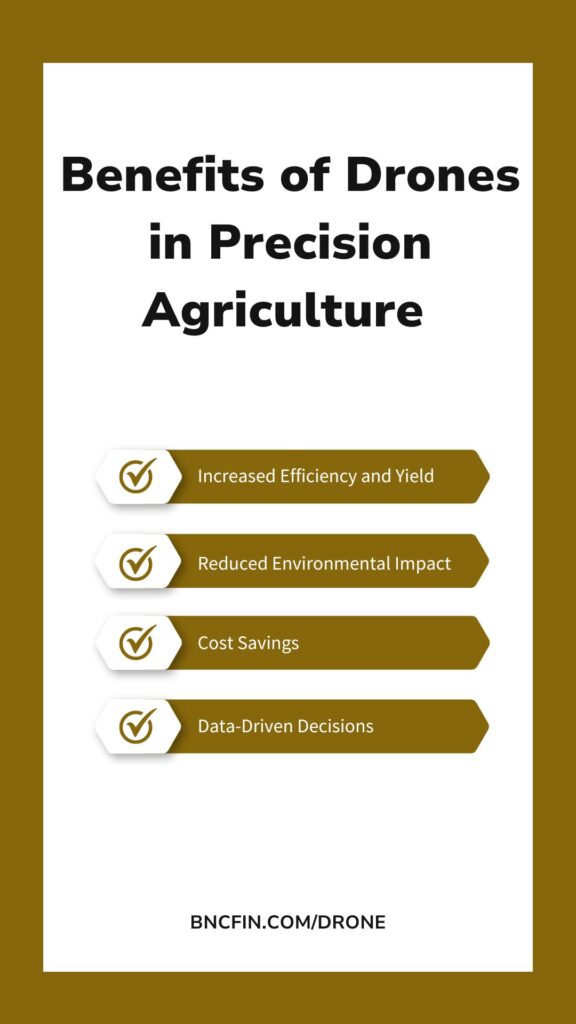
Challenges and Considerations
While the benefits are substantial, integrating drone technology in agriculture comes with its own set of challenges. Regulatory hurdles, privacy concerns, and the initial investment in drone technology can be significant barriers for some farmers. Additionally, there's a learning curve associated with analyzing drone data and integrating it into practical farming decisions.
The Future of Drones in Precision Agriculture
As UAV technology continues to evolve, its applications in agriculture are expected to expand. Future advancements may include autonomous drones capable of performing tasks without human intervention, further reducing labor costs and improving efficiency. Integration with machine learning and artificial intellegence could enable even more sophisticated data analysis, pushing the boundaries of what's possible in precision agriculture.
In conclusion, drones are transforming the agricultural landscape, bringing an era of unprecedented efficiency and sustainability. By enabling precise, data-driven crop management, drones are not just tools for farmers but catalysts for a global shift towards more responsible and productive agricultural practices. As technology advances and barriers to adoption are addressed, the role of drones in precision agriculture is poised to grow, marking a significant step forward in the quest to feed a growing world population sustainably.
Frequently Asked Questions about Drones and Precision Agriculture
Drones elevate precision agriculture by offering unparalleled aerial perspectives, detailed imagery, and timely data critical for micro-managing farmland. This enables targeted interventions, optimizing the health and yield of crops by precisely applying resources where they are most needed, thus embodying the essence of precision agriculture.
In precision farming, drones play a pivotal role in boosting yields by facilitating early detection of potential issues such as pest attacks, nutrient deficiencies, and improper soil moisture levels. Their ability to scout vast areas quickly allows for swift corrective actions, directly influencing and improving yield outcomes.
For precision agriculture, multispectral sensors are particularly beneficial as they capture data beyond the visible spectrum, highlighting differences in plant health that aren't visible to the naked eye. This can include indicators of pest infestation, disease, or water stress, enabling targeted agricultural interventions.
The optimal survey frequency is determined by the crop's growth phase and specific management requirements. Key phases such as post-planting, pre-harvest, and during critical growth or stress periods might necessitate weekly or bi-weekly flights. This tailored approach ensures timely interventions, safeguarding crop health and productivity.
Integrating drones into precision farming practices leads to enhanced crop surveillance efficiency, pinpointed application of farm inputs, substantial operational cost savings, minimal environmental footprint, and significantly improved crop yields. Drones streamline data collection, making farm management more informed and precise.
The primary challenges include the initial investment cost, navigating complex regulatory landscapes, and the technical expertise required for data analysis. Addressing these challenges involves seeking cost-effective drone solutions, staying informed about local drone regulations, and investing in or accessing training on data interpretation.
Drones promote environmental sustainability in precision agriculture by enabling precise application of inputs, significantly reducing the risk of runoff and lowering the ecological footprint. Their detailed data supports informed decision-making that aligns with sustainable resource use and conservation practices.
While drones offer broad applicability across various agricultural sectors, including crop and livestock monitoring, their effectiveness can vary based on specific operational scales, crop types, and the nature of the terrain. Tailoring drone technology and analysis tools to fit specific agricultural contexts is crucial for maximizing benefits.
Future trends point towards enhanced drone autonomy, improved sensor accuracy, and deeper integration with AI for data analysis. These advancements are expected to simplify operational complexities, offer more precise agricultural insights, and further minimize the need for manual intervention, revolutionizing precision agriculture practices.
BNC Finance specializes in commercial drone financing and leasing whether you are a business that needs to finance a drone or a dealer looking to offer drone financing.
Innovations in Precision Agriculture: The Emergence of Drone Technology in Planting
The agricultural sector is poised for a technological revolution, with drone innovations marking a pivotal shift in farming methodologies. Specifically,…
Pioneering Agricultural Productivity: The Role of Drone Technology in Soil and Field Analysis
Soil vitality cannot be overstated in the quest for agricultural excellence. As the foundation of farming, soil health directly influences…
11 Ways Drones are Revolutionizing Agriculture
The incorporation of drone technology into the agricultural sector represents a significant transformation in farming methodologies, encompassing crop cultivation, monitoring,…
Navigating FAA Changes: A Chat with Bryan Sanders on Agricultural Spray Drones Regulations
Part 137 Changes Impacting Agricultural Spray Drones with Bryan Sanders, President of (HSE) UAV, In an industry impacted by dynamic…
The Benefits of Using Drones in Livestock Management
Transforming Agriculture: The Benefits of Using Drones in Livestock Management Technology integration into agriculture has given rise to new methods…
Drone Uses and Benefits in Agriculture
Technological advancements are bringing a revolution in every field of life, and agriculture is also a field that has been dramatically…
